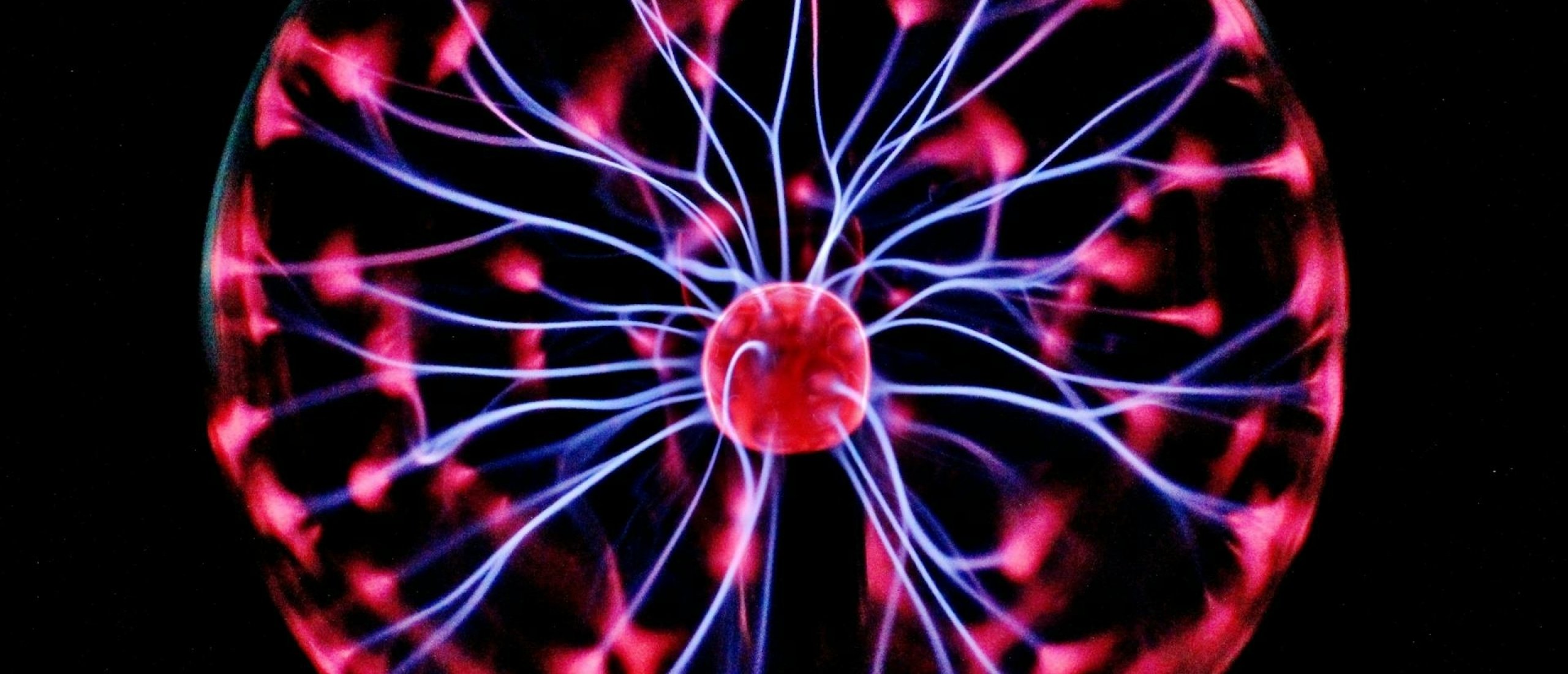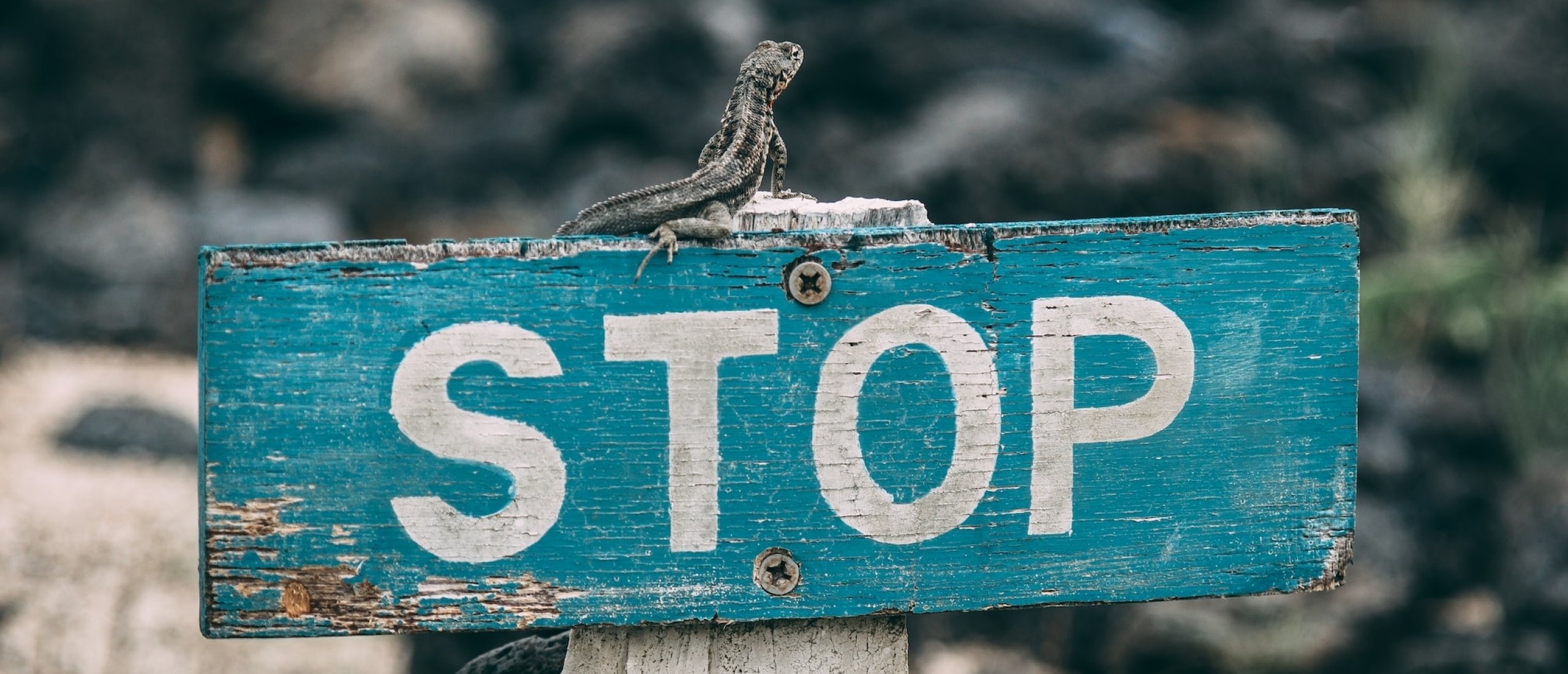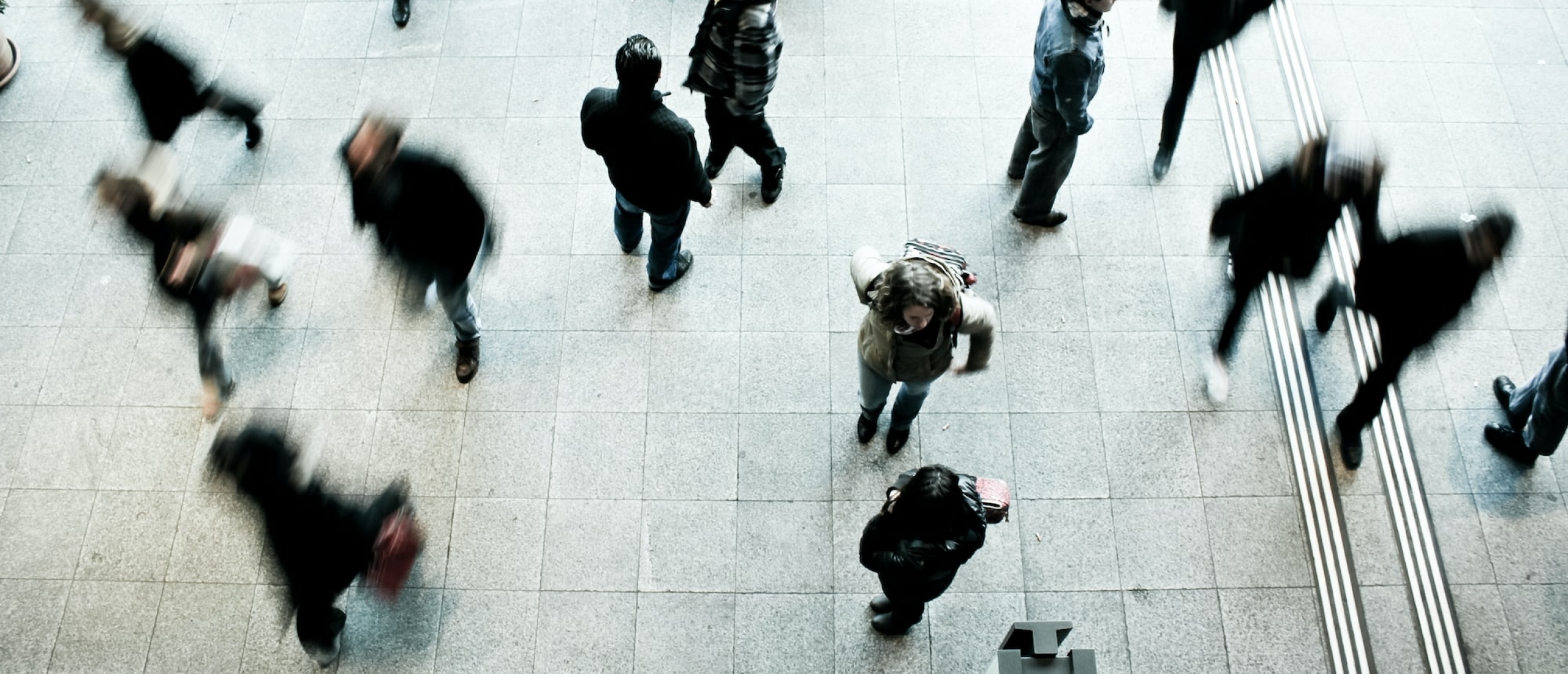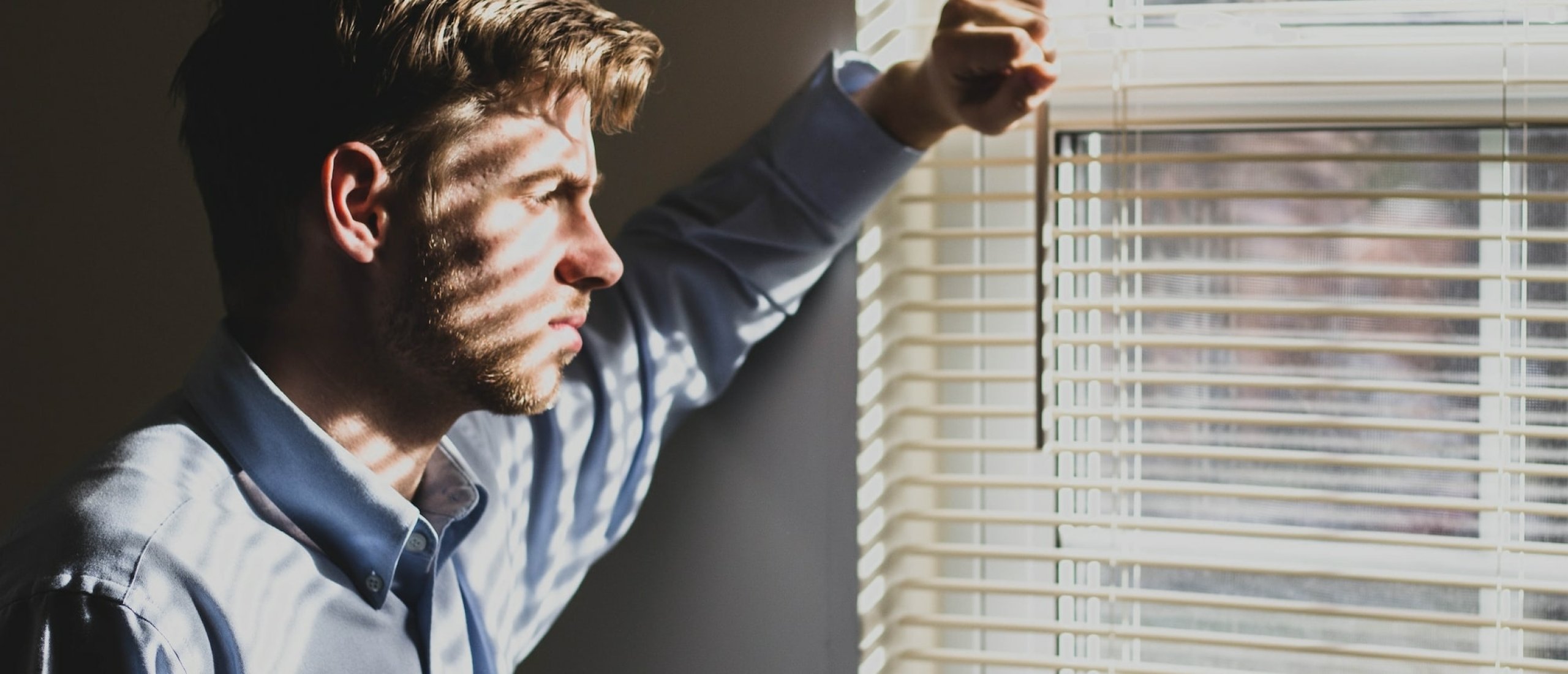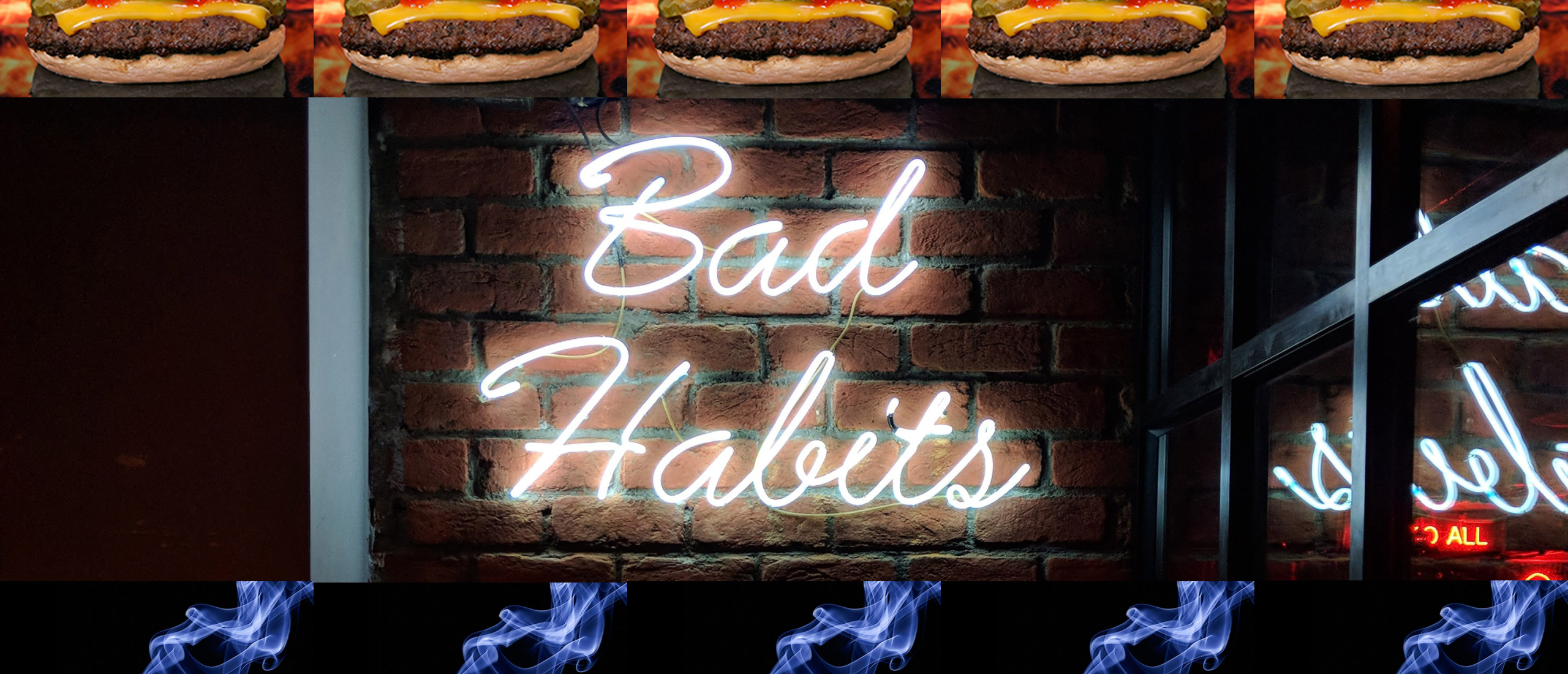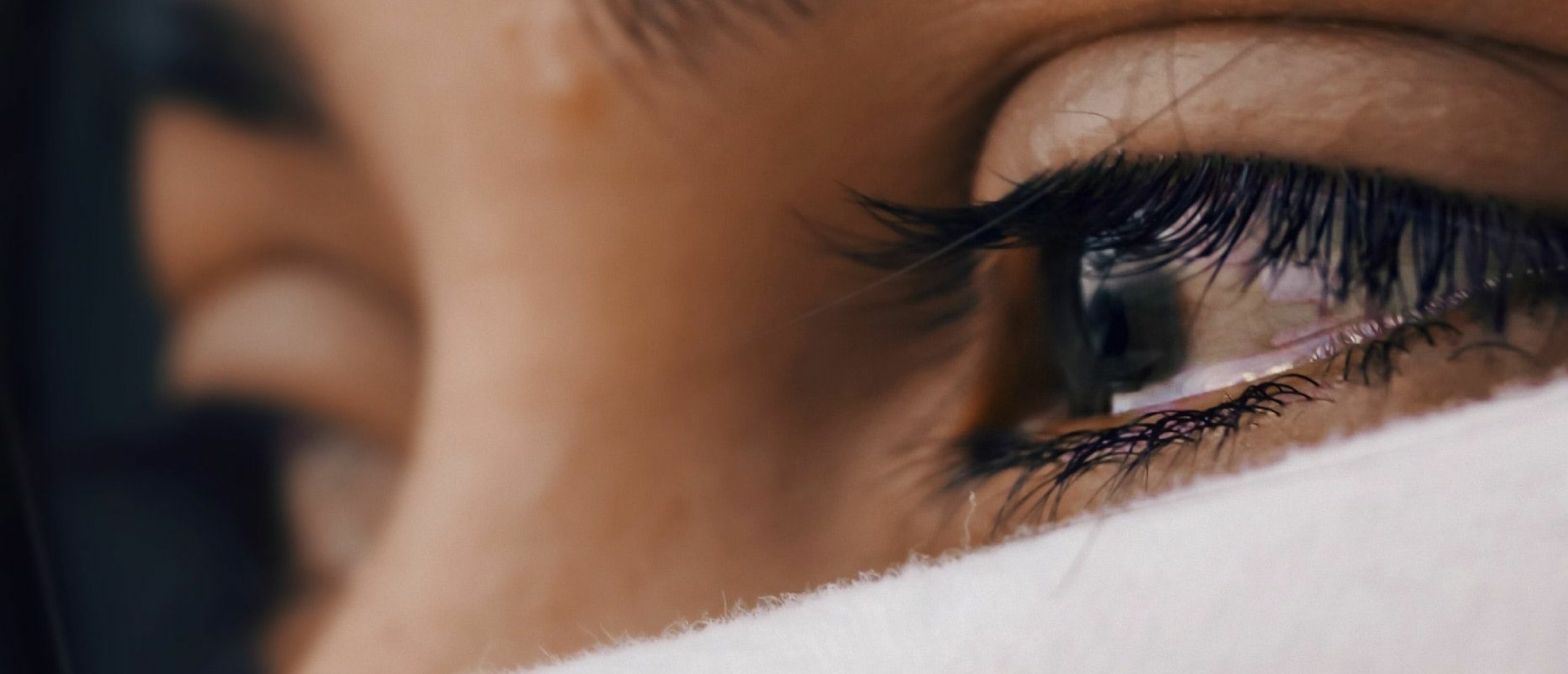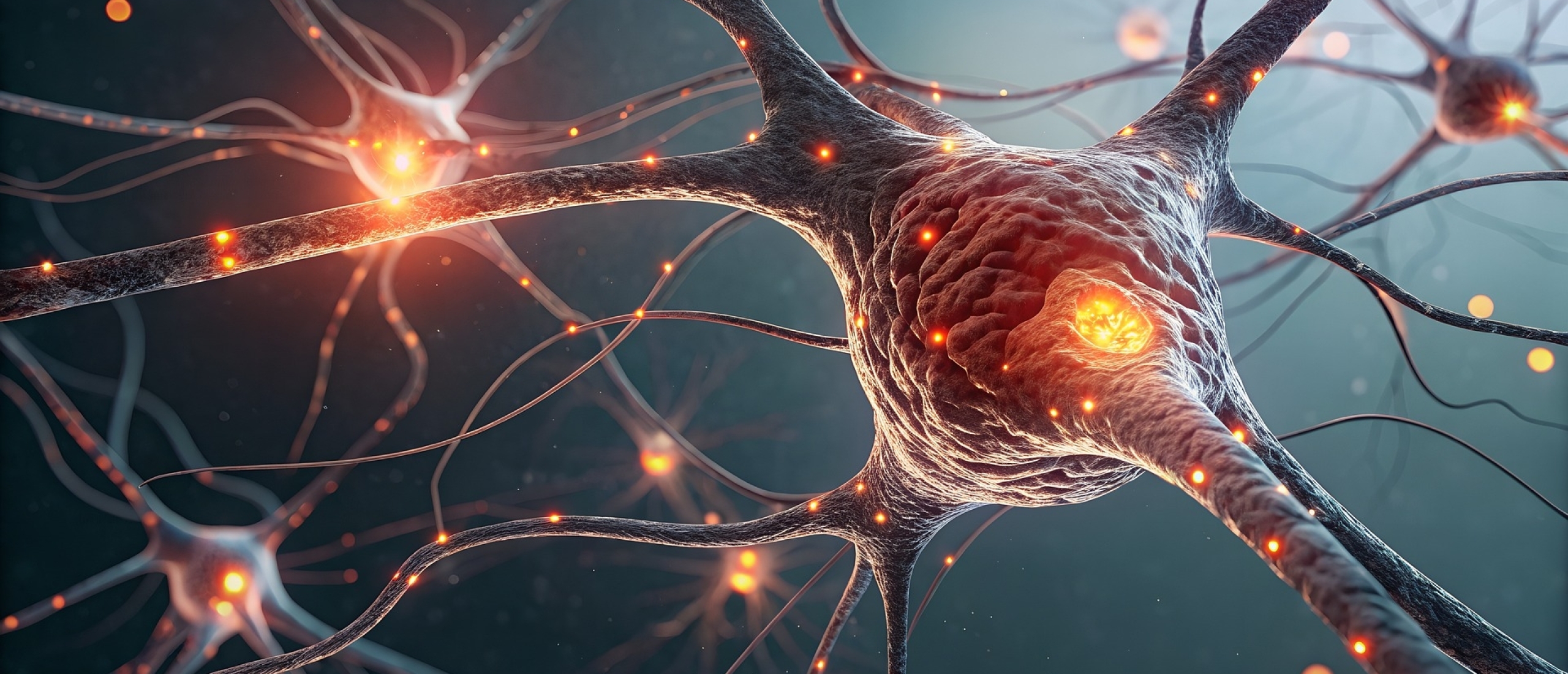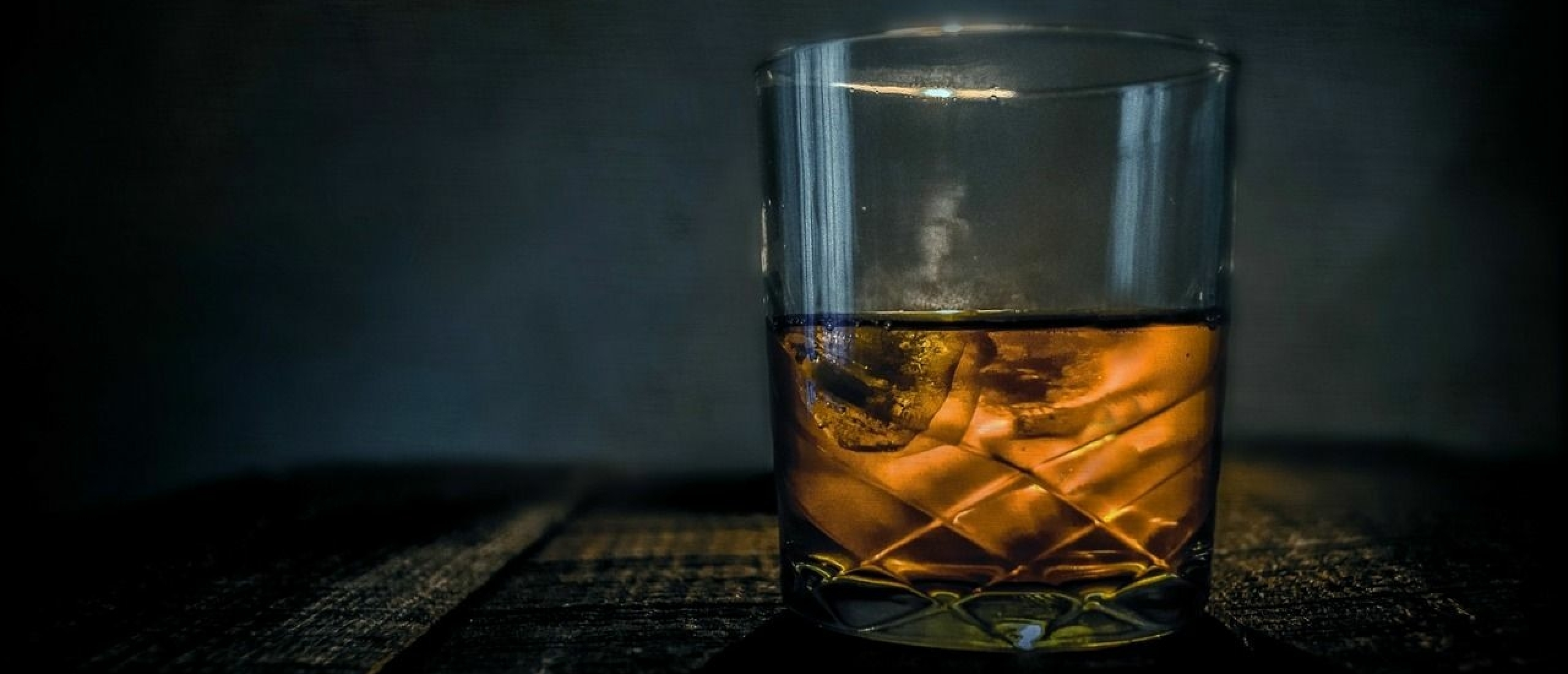
Increased alcohol drinking may help relieve stress in the short term — which is why many people under pressure turn to it. But does alcohol really reduce stress, or does it make things worse over time? The science is clear: while alcohol may feel calming at first, it actually increases the body's stress load and creates a dangerous cycle.
Stress Is Part of Life
As the philosopher Karl Popper once noted, life is about solving problems. Problems cause stress, which is the body's way of preparing to cope with challenges. Short-term stress is useful — it sharpens your focus and energizes you. But prolonged or chronic stress feels uncomfortable and leads many to seek relief in alcohol.
Unfortunately, alcohol and stress are a dangerous combination. While alcohol may provide temporary relief, it ultimately makes it harder for the body to maintain balance, increasing your risk of health problems.
The Vicious Cycle: Stress and Alcohol Consumption
Drinking alcohol to cope with stress may feel effective in the moment, but it's a poor long-term strategy. Studies show:
- People under chronic stress drink more.
- Stressed men are 1.5x more likely to binge drink than women.
- Men are 2.5x more likely to develop alcohol use disorders.
Alcohol may seem to reduce stress — but it actually increases it. This creates a feedback loop where people drink more to cope with the stress that alcohol helped create.
What Is Stress, Physiologically Speaking?
All systems in the body — digestion, immune defense, memory, etc. — operate best within certain ranges. Stress occurs when something pushes these systems out of balance. The body then works to restore equilibrium.
This process of readjusting is called allostasis. The wear and tear the body experiences during this effort is known as allostatic load — and alcohol adds significantly to this burden.
In fact, the scientists who developed the concept of allostatic load used alcohol use during stress as a prime example of increased physiological strain.
How Alcohol Affects the Brain’s Reward and Stress Systems
Alcohol has a dual effect:
- It stimulates the brain’s reward system, increasing dopamine (the "feel-good" chemical).
- It activates the body’s stress system, increasing cortisol (the stress hormone).
This means alcohol creates a short-term reward and a physiological stress response. Over time:
- Dopamine drops, so alcohol feels less rewarding.
- Cortisol builds, adding more stress.
- The brain adapts by changing its stress response and reward sensitivity — raising your allostatic load.
Cortisol: The Hidden Player Behind Alcohol’s Effects
Cortisol, the body's main stress hormone, helps maintain balance across all organ systems, especially in the brain. Alcohol increases cortisol, which seems paradoxical for a stress-relieving substance.
But here’s the twist:
- Cortisol can enhance the brain’s reward response, making alcohol feel more rewarding.
- Cortisol also reinforces habit learning, making drinking more automatic and harder to stop.
In evolutionary terms, this makes sense — cortisol’s slight reward effect helps animals recover from stressful events. But in modern life, this mechanism backfires when paired with regular drinking.
Alcohol, Stress, and the Risk of Dependence
Chronic alcohol use changes the brain’s chemistry, making it harder to feel good and easier to get stuck in harmful habits. Here's how:
- The stress system resets, altering what your brain considers “normal.”
- You need more alcohol to feel the same effect — a path toward dependence.
- Habitual drinking reinforces a vicious cycle of stress and alcohol.
The body and brain are left stuck in a state of chronic stress, with increased risk for depression, anxiety, and other stress-related illnesses.
Don’t Rely on Alcohol to Relieve Stress
Does alcohol reduce stress? Only in the very short term — and at a high cost.
The stress-relieving effects of alcohol are deceptive. In reality, alcohol increases the stress load on your body and rewires your brain for more stress and more drinking.
A better strategy is to address the root cause of stress directly — whether through lifestyle changes, healthier coping mechanisms, or professional support.
At Stressinsight, we offer evidence-based tools and strategies to reduce stress without falling into harmful habits like alcohol dependence. Learn how to break the cycle and regain control over your stress responses.
Disclaimer: This article is for educational purposes only and does not substitute medical advice. If you're concerned about alcohol use or stress, consult a healthcare professional.




